On October 25, discussing before the National Assembly at the 6th Session on the draft Law on Identification, National Assembly Delegate Nguyen Phuong Thuy - Deputy Head of the Law Committee ( Hanoi Delegation) highly appreciated the efforts of the drafting agency and the appraisal agency that helped the National Assembly Standing Committee study and absorb the opinions of National Assembly Delegates to complete the draft law.
The report on explanation and acceptance mentioned many issues and explained many opinions raised by National Assembly Deputies. However, Delegate Nguyen Phuong Thuy pointed out that the draft law document was sent to National Assembly Deputies late. This is a very important draft law, directly affecting more than 80 million people and has many contents with different opinions. However, sending the document late will cause difficulties for delegates in researching and contributing ideas to complete the draft law...
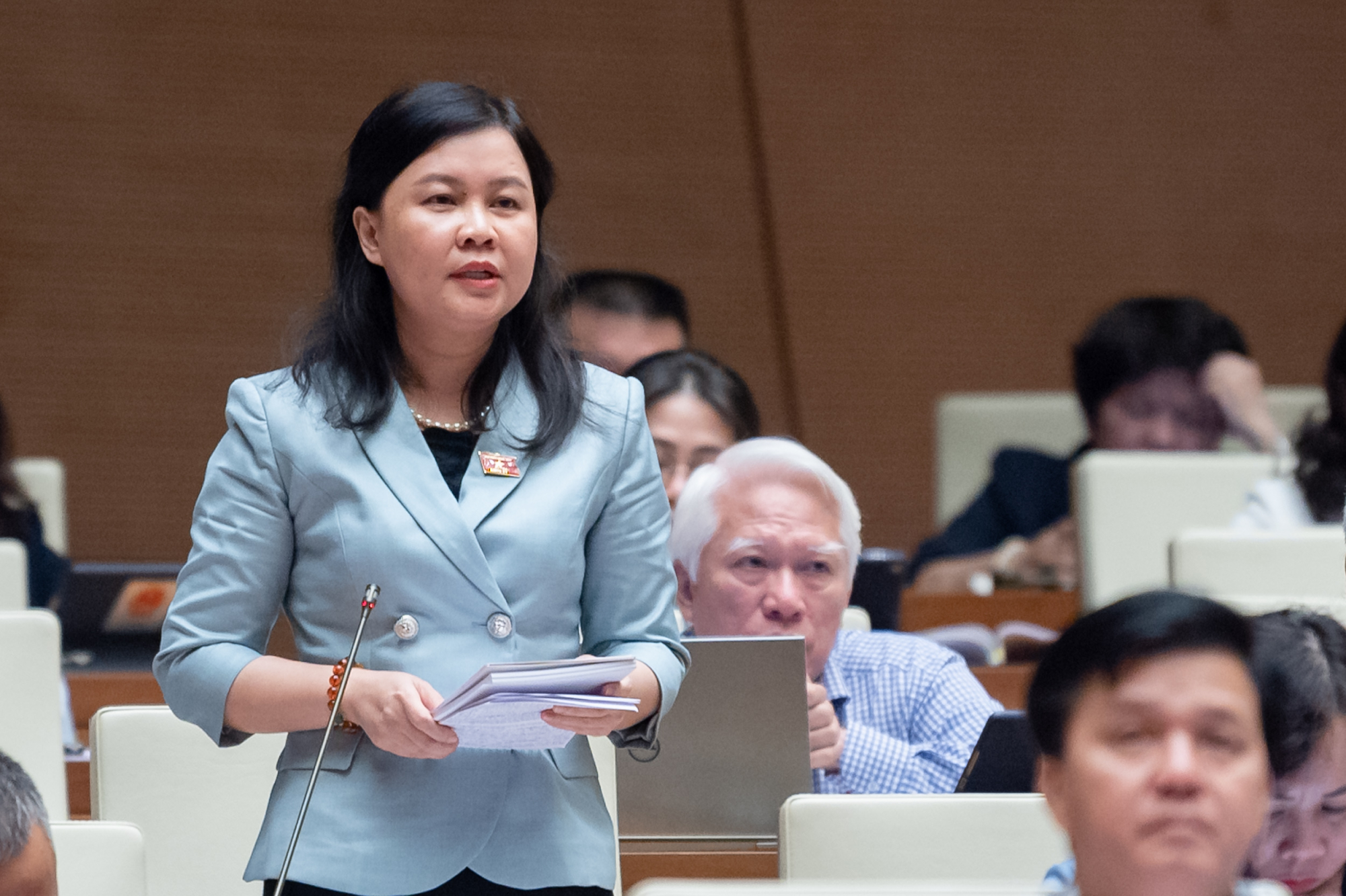
National Assembly Delegate Nguyen Phuong Thuy discussed in the hall.
Regarding the regulations on issuing, exchanging and re-issuing ID cards, National Assembly Delegate Nguyen Phuong Thuy expressed concerns about the case "when a competent state agency adjusts the administrative boundaries and names of administrative units".
Delegate Nguyen Phuong Thuy said that in the context of reorganizing administrative units at district and commune levels, the number of subjects in the above category is very large. If applied, it will generate significant costs, not to mention travel and other expenses of the people, increasing pressure on local agencies, leading to delays and causing inconvenience to the people.
The explanatory report stated that when issuing or exchanging cards in these cases, people are exempted from fees. Ms. Nguyen Phuong Thuy said that "if citizens do not pay this fee, the State will have to pay it". She gave an example, for an average commune of 5,000 people, the card exchange fee is about 250 million VND, and for a medium-sized district of 100,000 people, the cost is 5 billion VND, even for Dong Son City in Thanh Hoa province, which is expected to be established with a population of hundreds of thousands of people, the cost is very large.
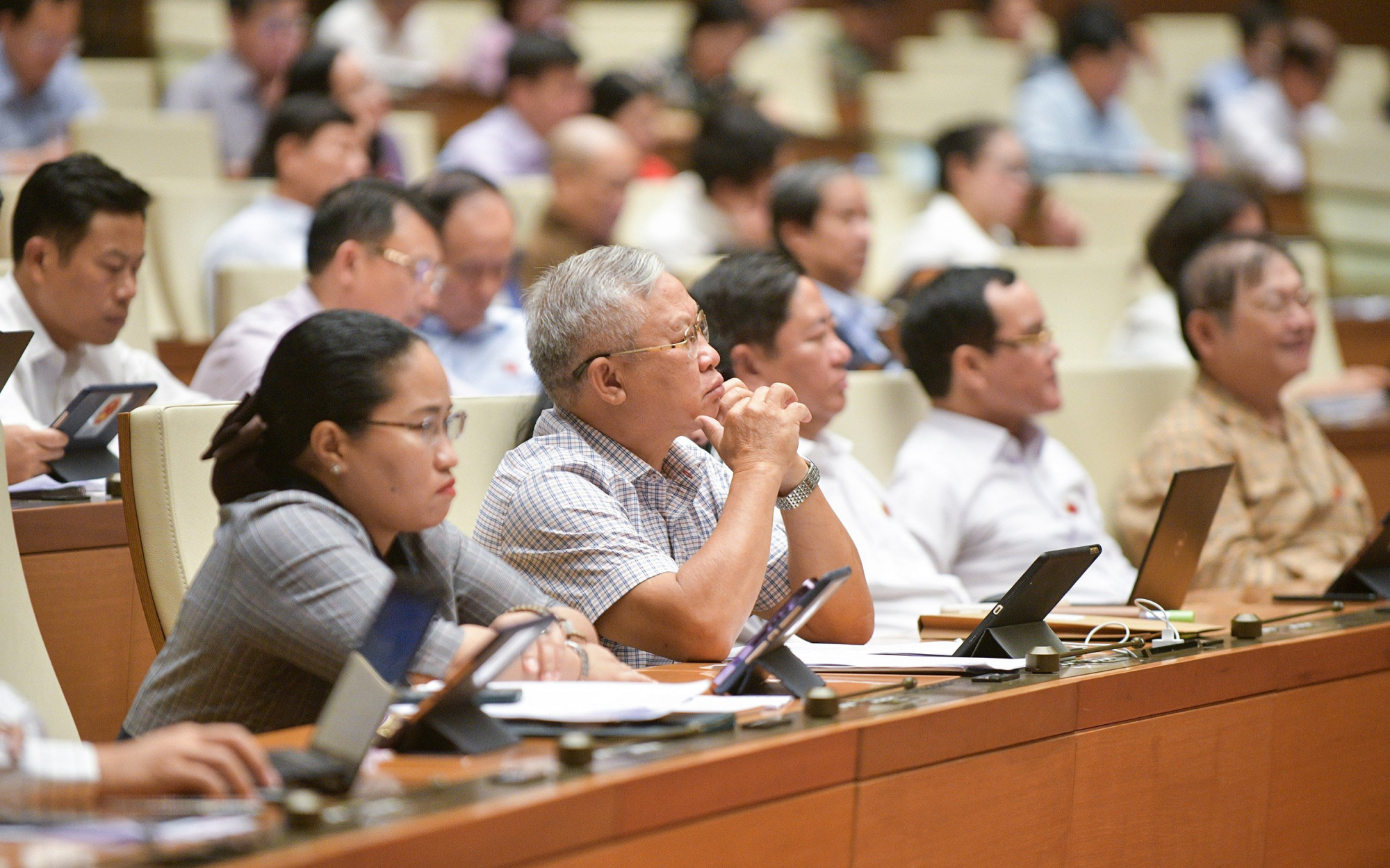
Delegates at the meeting.
Delegate Nguyen Phuong Thuy was concerned when considering the communes and districts subject to rearrangement, after "lifting up and putting down", only 500 million VND was supported for the commune and 20 billion VND for the district, while just changing the ID card had cost such a large amount of money.
In addition, the resolution on the arrangement of administrative units at district and commune levels only stipulates that documents issued before the arrangement, if not expired, will continue to be used.
Regarding this issue, discussing in the hall, National Assembly Delegate Nguyen Minh Duc - Vice Chairman of the National Assembly's Committee on National Defense and Security ( Ho Chi Minh City Delegation) said that when changing administrative units, it is very necessary to issue and reissue ID cards.
“Just one detail of “place of birth” in the passport in the Law on Exit and Entry still needs to be corrected, while the place of birth changes when the entire administrative unit changes without correction, causing trouble for the people. The regulation as drafted is to calculate the best interests of the people,” analyzed Delegate Nguyen Minh Duc.
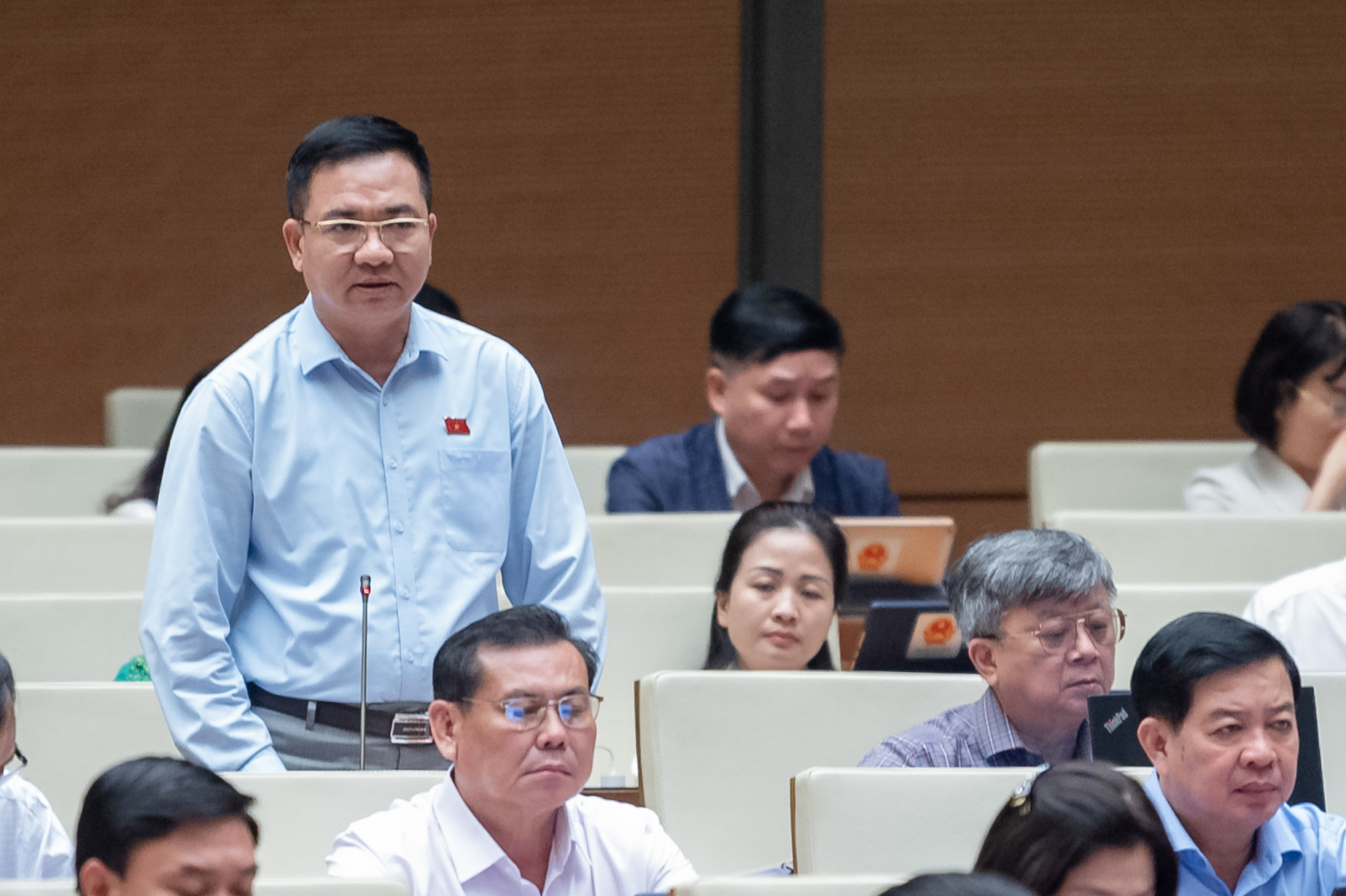
National Assembly Delegate Nguyen Minh Duc participated in the debate.
In response to Delegate Nguyen Minh Duc, Delegate Nguyen Phuong Thuy noted that the regulation on the ID card has information on "place of residence" but it is not clear whether it is permanent or temporary residence, while "place of residence is a dynamic factor". When changing the place of residence, it is not necessary to issue a new card, so why when changing the place of residence due to changing the name of the administrative unit, is it issued in a uniform manner?
Delegate Nguyen Phuong Thuy stated that this can be resolved because according to Article 26 of the Law on Residence, when there is a change in the address of residence due to adjustment of administrative units, street names, residential groups, villages, hamlets, etc., the residence registration agency is responsible for adjusting this information on the national database on residence and updating the national database on population.
This information is completely accessible via the QR code on the card and the electronic identification on VNEID, which is very up-to-date and easy, avoiding the time when the information printed on the card and on the database are different.
"The simplest solution is to remove the residence information on the ID card," Ms. Thuy stated her opinion.
Source



![[Photo] The road connecting Dong Nai with Ho Chi Minh City is still unfinished after 5 years of construction.](https://vphoto.vietnam.vn/thumb/1200x675/vietnam/resource/IMAGE/2025/11/04/1762241675985_ndo_br_dji-20251104104418-0635-d-resize-1295-jpg.webp)

![[Photo] Ho Chi Minh City Youth Take Action for a Cleaner Environment](https://vphoto.vietnam.vn/thumb/1200x675/vietnam/resource/IMAGE/2025/11/04/1762233574890_550816358-1108586934787014-6430522970717297480-n-1-jpg.webp)
![[Photo] Ca Mau "struggling" to cope with the highest tide of the year, forecast to exceed alert level 3](https://vphoto.vietnam.vn/thumb/1200x675/vietnam/resource/IMAGE/2025/11/04/1762235371445_ndo_br_trieu-cuong-2-6486-jpg.webp)
![[Photo] Panorama of the Patriotic Emulation Congress of Nhan Dan Newspaper for the period 2025-2030](https://vphoto.vietnam.vn/thumb/1200x675/vietnam/resource/IMAGE/2025/11/04/1762252775462_ndo_br_dhthiduayeuncbaond-6125-jpg.webp)










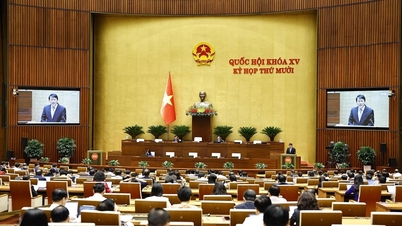






















































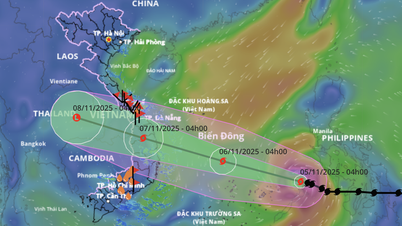





















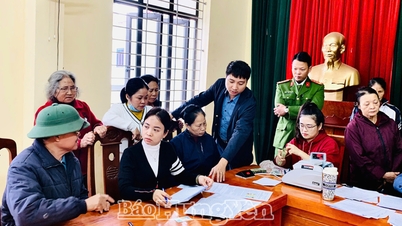
















Comment (0)